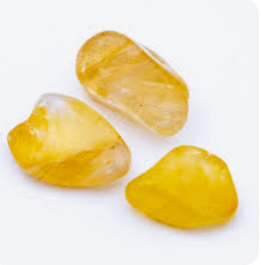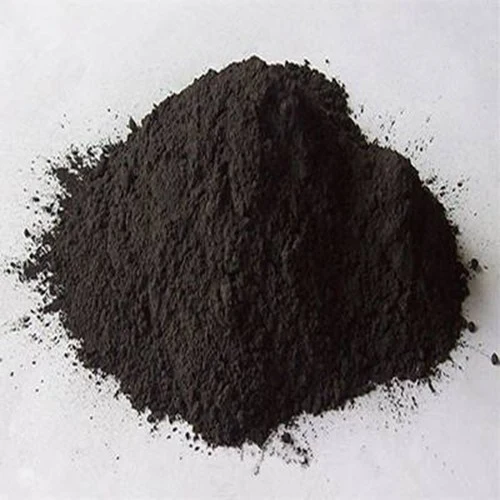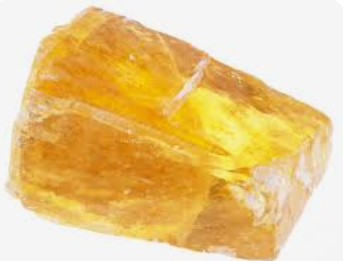Gum Rosin Grade X - Indonesia
|
IUPAC Name |
: (4aR)-1,4a-dimethyl-7-propan-2-yl-2,3,4,4b,5,6,10,10a-octahydrophenanthrene-1-carboxylic acid |
|
Cas Number |
: 8050-09-7 |
|
HS Code |
: 3806.10.00 |
|
Formula |
: C20H30O2 |
Basic Info
|
Appearance Name |
: Slightly Yellow Cristal |
|
Common Names |
: Gum Rosin Grade X |
|
Packaging |
: 80 DRUM (240 kg) TOTAL N.W 19200 kg |






 English
English
 Indonesian
Indonesian
 简体字
简体字
 العربية
العربية
 Español
Español
 Français
Français
 Português
Português
 日本語
日本語
 한국어
한국어
 Tiếng Việt
Tiếng Việt
